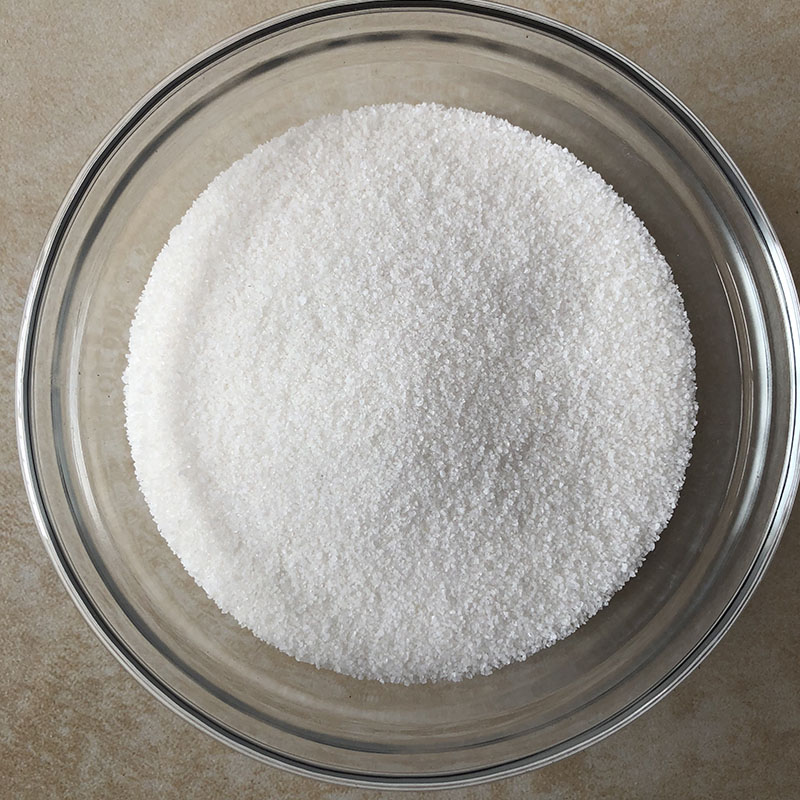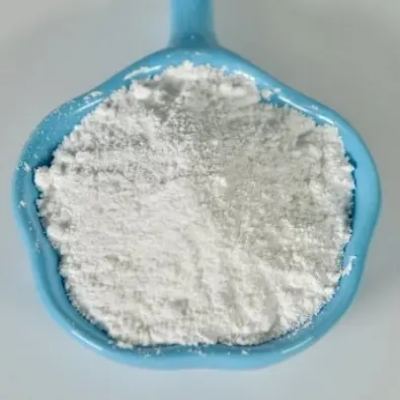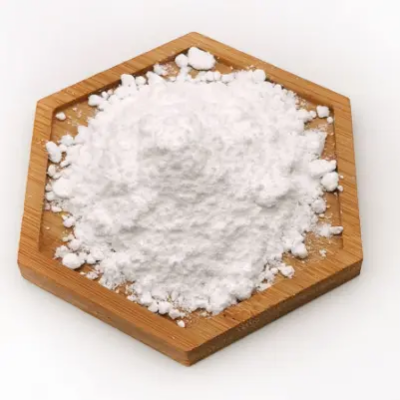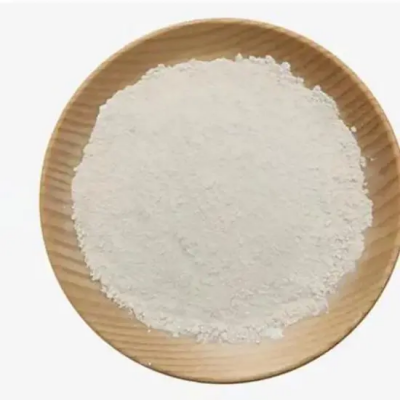N-(4-aminophenyl)-N-methyl-2-(4-methylpiperazin-1-yl)acetamide CAS:262368-30-9
It is a member of the acridine family of drugs and works by interfering with the DNA of the parasites, inhibiting their growth and replication. Despite its effectiveness against various parasitic infections, mepacrine is also known for its side effects, which can include gastrointestinal disturbances, skin reactions, and potential toxicity to the eyes and central nervous system. In addition to its antiprotozoal properties, research has shown potential anti-inflammatory and immunomodulatory effects of mepacrine, making it a subject of interest for possible applications in autoimmune diseases and inflammation-related conditions. As with any medication, it is essential to use mepacrine under the supervision of a healthcare professional to ensure safe and effective treatment.






| Composition | C14H22N4O |
| Assay | 99% |
| Appearance | white powder |
| CAS No. | 262368-30-9 |
| Packing | Small and bulk |
| Shelf Life | 2 years |
| Storage | Store in cool and dry area |
| Certification | ISO. |







![(3-Methylimidazo[1,2-a]pyridin-2-yl)methanol CAS:668275-46-5](https://cdn.globalso.com/xindaobiotech/1ZNB2ZF342ZWRNG181.png)

